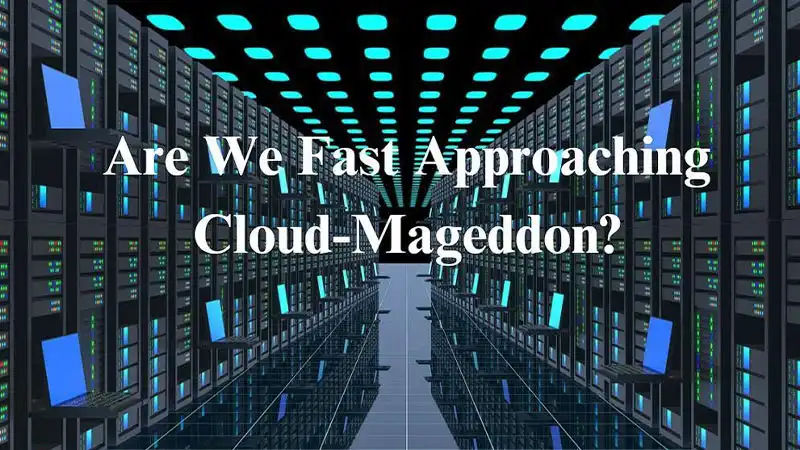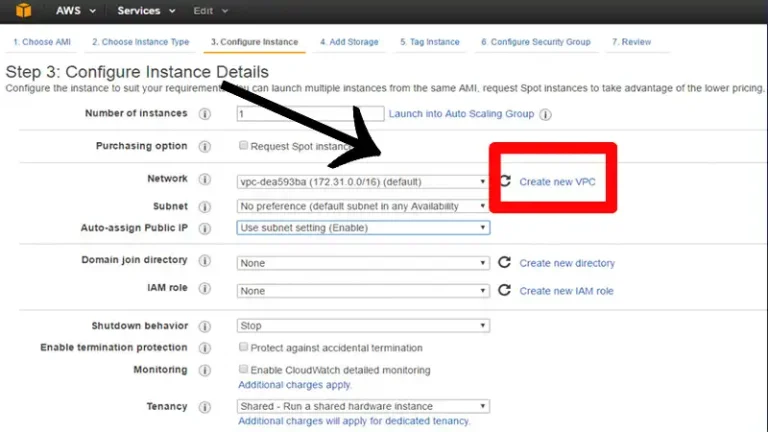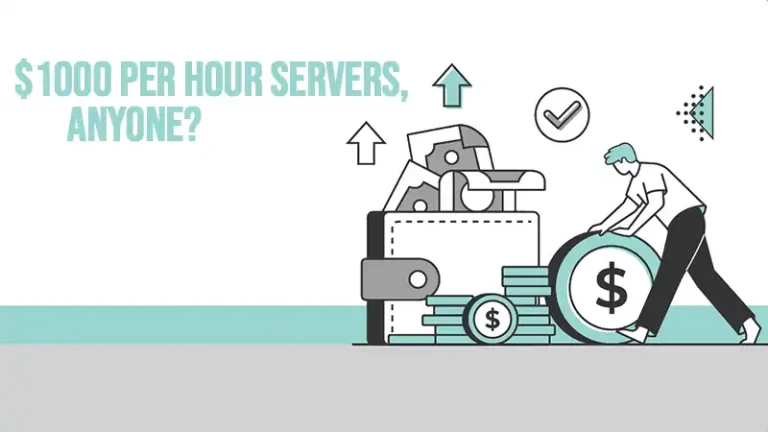Are We Fast Approaching Cloud-Mageddon?
The cloud has revolutionized the way we do business, but it has also introduced new risks. As we become more and more reliant on cloud computing, the potential for a catastrophic outage or attack increases. Some experts believe that, YES, we are fast approaching “Cloud-Mageddon”.
Here on, we will be taking into account the risks associated with cloud computing and discuss how businesses can protect themselves.

What is Cloud-Mageddon?
Cloud-Mageddon is a hypothetical scenario in which a major cloud outage or attack causes widespread disruption to the global economy.
The term was first coined by security researcher Troy Hunt in 2017. Hunt warned that the increasing concentration of data and services in the cloud was creating a single point of failure that could be exploited by attackers.
What are the risks of cloud computing to head towards Cloud-Mageddon?
The cloud offers many benefits, but it also comes with some risks. These risks include:
Outages
Cloud outages can be caused by a variety of factors, including hardware failures, software bugs, and natural disasters. Outages can last for minutes, hours, or even days, and can have a significant impact on businesses that rely on cloud-based services.
Security breaches
Cloud providers are a prime target for attackers. A successful attack could result in the theft of sensitive data or the disruption of critical services.
Compliance Challenges
Organizations must ensure cloud usage complies with regulations governing data security, privacy, and jurisdiction. Staying compliant is a shared responsibility with the provider.
Concentration of power
A small number of cloud providers control a large share of the market. This gives these providers a great deal of power, which could be used to raise prices or stifle competition.
Loss of Governance
Using cloud services means ceding control over data and applications to the provider. This requires trusting the provider’s policies and practices.
Vendor Lock-in
Cloud services often lack interoperability and portability. Switching providers can be challenging due to technical and contractual barriers.
How can businesses protect themselves from Cloud-Mageddon?
Businesses can take several steps to protect themselves from Cloud-Mageddon, including:
- Use a multi-cloud strategy: By using multiple cloud providers, businesses can reduce their reliance on any one provider and mitigate the risk of a single outage or attack.
- Have a backup plan: Businesses should have a backup plan in place to minimize the disruption caused by an outage or attack. This could involve using on-premises infrastructure or a secondary cloud provider.
- Invest in security: Businesses should invest in security measures to protect their data and services from attack. This could include using firewalls, intrusion detection systems, and encryption.
A History Lesson for Cloud Detractors
Here are a few formulas and equations that can be used to analyze the risks of cloud computing:
Risk assessment:
Risk = Probability of occurrence * Impact of occurrence
Quantitative risk analysis:
Expected value of loss = Probability of occurrence * Cost of loss
Mitigating the Risks of Cloud Computing
Organizations can take several steps to mitigate cloud risks:
- Adopt a multi-cloud strategy to avoid vendor lock-in
- Encrypt sensitive data while stored and in transit
- Implement robust identity and access controls
- Develop contingency plans for cloud service disruptions
- Architect disaster recovery mechanisms across cloud and on-premises resources
- Foster strong vendor management practices
FAQs – Frequently Asked Questions and Answers
- What is the likelihood of a Cloud-Mageddon event??
Answer: The likelihood of a Cloud-Mageddon event is difficult to predict. However, the risks associated with cloud computing are real and businesses should take steps to mitigate these risks.
- Is data safe in the cloud?
Answer: Security in the cloud is a shared responsibility. While cloud providers implement robust measures, users must understand encryption and regularly update access credentials to enhance data safety.
- Are cloud services cost-effective?
Answer: Cloud services operate on a pay-as-you-go model, offering flexibility. However, unchecked usage can lead to unforeseen expenses. Regular monitoring and optimization are crucial for maximizing cost efficiency.
To Conclude
Cloud-Mageddon serves as an important thought exercise to assess cloud risks. While an outage of that scale remains unlikely, organizations must continue to be vigilant by minimizing vulnerabilities and implementing multi-layered controls.
With prudent planning and execution, companies can harness the cloud’s benefits while evading the pitfalls of Cloud-Mageddon.







